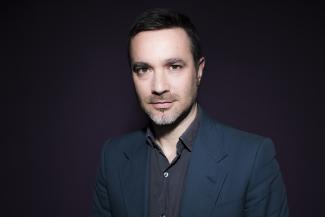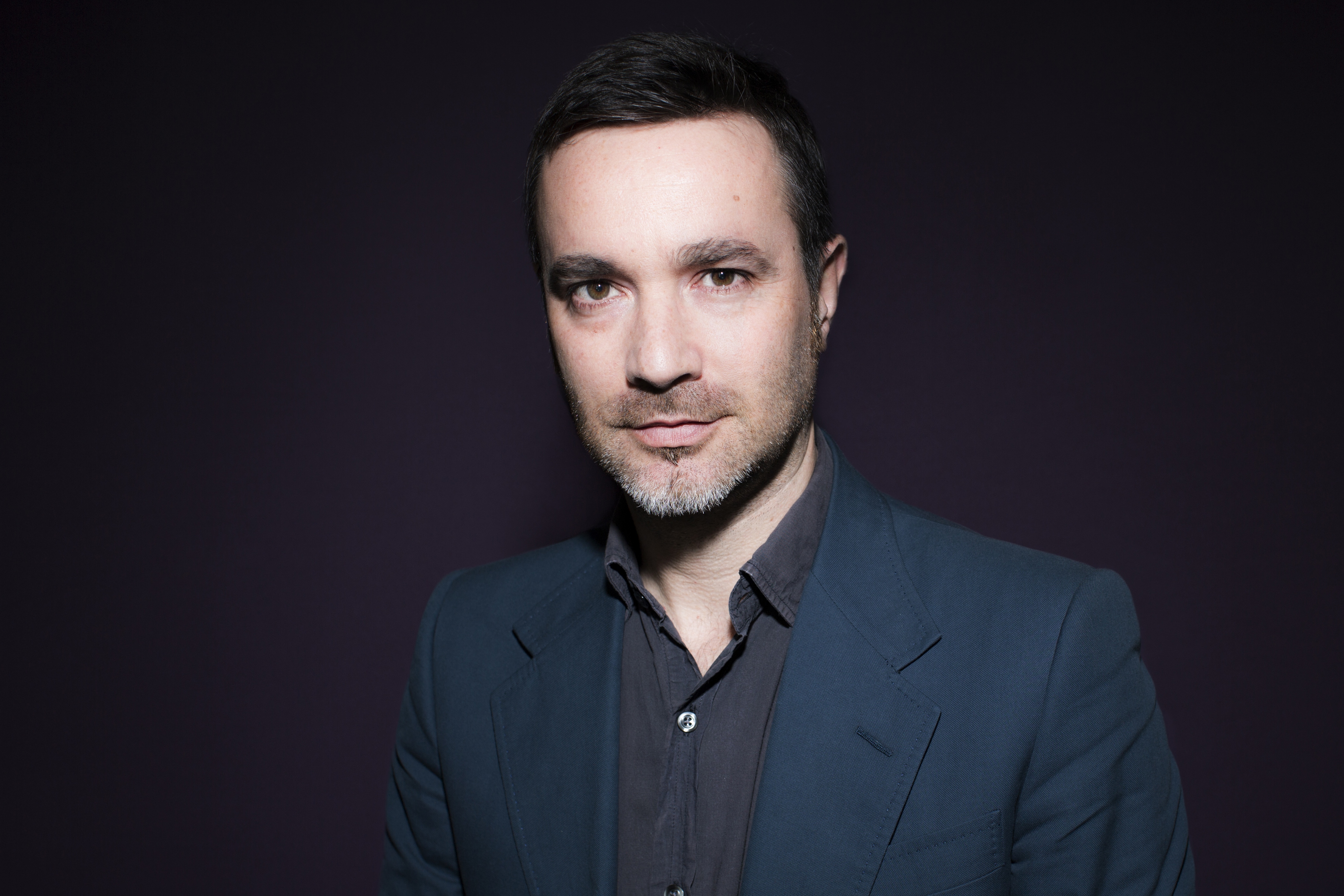The Crisis of Models of Integration in France and the Netherlands : What diagnosis ? What solutions ?

Practical information
Conference of Ifri and Maison Descartes at Amsterdam, with the support of the French Embassy in the Nederland. With Christophe Bertossi, Fellow and Responsable for the Programme "Migrations, Identities, Citizenship" at Ifri , Jan Willem Duyvendak, Professor, Amsterdam University, John Bowen, Dunbar-Van Cleve Professor in Arts & Sciences, Washington University at St-Louis (USA), Marcel Maussen, Fellow, Amsterdam University
The policies of integration of migrants have for a long time born out of distinct national models, based on a particular concept of citizenship. The French model of Republic, blind to ethnic or religious differences, distinguished itself from the Dutsch model of a pillarized society, in which multicultural diversity was recognized in the social and institutional life. Despite such apparent opposition between both models of integration, a similar crisis seems to affect both France and the Netherlands. A diagnosis of "failure of integration" is facing both cases. Both models also face great scrutiny : multiculturalism is perceived as one of the sources of problems of integration in the Netherlands, especially right after Pim Foruy murders in 2002, and Theo Van Gogh's murder in 2004, while the riots of Fall 2005 in French "banlieues" are understood as a result of failure of politics of integration "à la française". How to understand this crisis ? Is it a crisis of integration or a crisis of models ? What lessons can be retain from a cross-perspective between both France and the Netherlands ?
Speakers
Other events

From Ambition to Action: Exploring Technological Partnerships with India
The 16th EU-India Summit, held on January 27th in New Delhi with European leaders António Costa, Ursula von der Leyen, and Prime Minister Narendra Modi, marks a significant milestone in deepening EU-India relations. At the same time, official bilateral visits from EU member states are on the rise, including that of the French President, who visited India in February to participate in the Artificial Intelligence Summit. As India asserts its technological ambitions and seeks to reduce its dependence on China, Europe is stepping up its efforts to diversify its strategic partnerships.

The Enlargement of the European Union: A Strategic Choice? France, the Western Balkans and the EU in an Uncertain Geopolitical Context
Russia’s war against Ukraine has brought the enlargement of the European Union back to the centre of European strategic debates. In this context, the Western Balkans have regained heightened visibility in discussions on the continent’s security, at a time when the international environment is marked by a growing number of destabilising factors.








